CPE510
5GHz 300Mbps 13dBi Outdoor CPE
- Built-in 13dBi 2x2 dual-polarized directional MIMO antenna
- Adjustable transmission power from 0 to 23dBm/200mw
- System-level optimizations for more than 15km long range wireless transmission
- TP-LINK Pharos MAXtream TDMA (Time-Division-Multiple-Access) technology improves product performance in throughput, capacity and latency performance, ideal for PTMP applications
- Centralized Management System – Pharos Control
- AP / Client / AP Router / AP Client Router (WISP) operation modes
- Passive PoE Adapter supports up to 60 meter (200 feet) Power over Ethernet deployment and allows the device to be reset remotely
Related Cases
-
Peru WISP
TP-Link Helps WISP to Provide Reliable Wireless Connectivity in Peru
Peru WISP
TP-Link Helps WISP to Provide Reliable Wireless Connectivity in Peru
“The performance of CPE was better than expected, working stable even with -85 dBm of received power.” —David Grillo, Engineer, Kroton -
ADINET WISP in Indonesia
TP-Link Helps Local WISP Provide Long Distance Wireless Connectivity in Indonesia
ADINET WISP in Indonesia
TP-Link Helps Local WISP Provide Long Distance Wireless Connectivity in Indonesia
“Amazing! The performance of the Pharos Wireless Broadband Solution has exceeded even our wildest expectations.” —Bagus Prakoso, Owner of ADINET
| HARDWARE FEATURES | |
|---|---|
| Processor | Qualcomm Atheros Enterprise 560MHz CPU, MIPS 74Kc |
| Memory | 64MB DDR2 RAM, 8MB Flash |
| Interface | 1 10/100Mbps Shielded Ethernet Port (LAN0,Passive PoE in)1 Grounding Terminal1 Reset Button |
| Power Supply | Passive Power over Ethernet via LAN0 (+4,5pins; -7,8pins) Voltage range: 16-27VDC |
| Max. Power Consumption | 10.5 Watts Max Note: When deployed using Passive PoE, the power drawn from the power source will be higher by some amount depending on the length of the connecting cable. |
| Dimensions ( W x D x H ) | 224 x 79 x 60 mm |
| Antenna | Built-in 13dBi 2x2 Dual-polarized Directional Antenna Beam Width: 45° (H-Plane) / 30° (E-Plane) Note: For more details, please refer to datasheet |
| Protection | 15KV ESD Protection 6KV Lightning Protection |
| Enclosure | Outdoor ASA stabilized plastic material IPX5 waterproof Certification |
| WIRELESS FEATURES | |
|---|---|
| Wireless Standards | IEEE 802.11a/n (with Pharos MAXtream disabled) |
| Proprietary Protocol | TDMA Mode (with Pharos MAXtream enabled) |
| Wireless Speeds | Up to 300Mbps (40MHz,Dynamic) Up to 144.4Mbps (20MHz,Dynamic) Up to 72.2Mbps (10MHz,Dynamic) Up to 36.1Mbps (5MHz,Dynamic) |
| Frequency | 5.15~5.85GHz Note: Available operating frequency may vary depending on the limitations of the countries or regions in which the device is used. |
| Transmission Power | 23dBm/200mw (Adjustable power by 1dBm) Note: Maximum transmission power may vary across different channels depending on the limitations of the countries or regions in which the device is used. |
| SOFTWARE FEATURES | |
|---|---|
| Wireless Configurations | Pharos MAXtream TDMA Technology 802.11a/n Modes Selectable Channel Width: 5/10/20/40MHz Automatic Channel Selection Transmission Power Control Dynamic Frequency Selection (DFS) WDS Enable/Disable Security: WPA/WPA2, WPA-PSK/WPA2-PSK (AES/TKIP) Encryption, 64/128/152-bit WEP Encryption SSID Broadcast Enable/Disable Multi-SSID with VLAN Tagging (AP mode only) Distance/ACK Timeout Setting Wireless MAC Address Filter Wireless Advanced: > Beacon Interval/RTS Threshold/Fragmentation >Threshold/DTIM Interval/AP Isolation/Short GI/Wi-Fi Multimedia |
| Management Features | Discovery and Remote Management via Pharos Control application HTTP/HTTPS Web-based management System Log SNMP Agent(v2c) Ping Watch Dog Dynamic DDNS SSH Server |
| System Tools | Wireless Signal Quality Indicators: Signal Strength/Noise/Transmit CCQ/CPU/Memory Monitors: Throughput/Stations/Interfaces/ARP/Routes/WAN/DHCP Spectrum Analyzer Speed Test Ping Traceroute |
| System-level Optimizations | Optimized IGMP Snooping/Proxy for multicast applications Hardware watch dog |
| POE ADAPTER FEATURES | |
|---|---|
| Dimensions(W x D x H) | 110*57*33.5mm |
| Interfaces | 1 AC Jack with Earth Ground1 10/100Mbps Shielded Ethernet Port (Power + Data)1 10/100Mbps Shielded Ethernet Port (Data) |
| Button | Remote Reset Button |
| Power Status LEDs | Green |
| Input | 100-240VAC, 50/60Hz |
| Output | 24VDC, 0.5A Max+4, 5pins; -7, 8pins. (Support up to 60m Power over Ethernet) |
| Efficiency | >80% |
| Certifications | CE/FCC/UL/IC/GS/PSB/C-tick/SAA/S-Mark/KC-mark |
| OTHERS | |
|---|---|
| Certification | CE, FCC, RoHS, IPX5 |
| Package Content | Outdoor Wireless CPE24V 0.5A Passive PoE AdapterPole Mounting StrapsAC Power CordInstallation Guide |
| System Requirements | Microsoft Windows 98SE, NT, 2000, XP, Vista™ or Windows 10, Windows 8, Windows 7, MAC OS, NetWare, UNIX or Linux. Note: We recommend you to use one of following Web browsers for an improved user experience: Google Chrome, Safari, and Firefox. IE browsers are not recommended. |
| Environment | Operating Temperature: -40℃~70℃ (-40℉~158℉)Storage Temperature: -40℃~70℃ (-40℉~158℉)Operating Humidity: 10%~90% non-condensingStorage Humidity: 5%~95% non-condensing |
*Maximum wireless transmission rates are the physical rates derived from IEEE Standard 802.11 specifications. Range and coverage specifications along with the number of connected devices were defined according to test results under normal usage conditions. Actual wireless transmission rate, wireless coverage, and number of connected devices are not guaranteed, and will vary as a result of 1) environmental factors, including building materials, physical objects and obstacles, 2) network conditions, including local interference, volume and density of traffic, product location, network complexity, and network overhead and 3) client limitations, including rated performance, location, connection quality, and client condition.
*Protection against lightning and electro-static discharge may be achieved through proper product setup, grounding and cable shielding. Refer to the instruction manual and consult an IT professional to assist with setting up this product.
*Power supply distances are based on test results under normal usage conditions. Actual power supply distance will vary as a result of 1) AP status, including transmit power, connected devices and network traffic, 2) cable properties, including type and texture and 3) environmental factors, which include temperature and humidity.
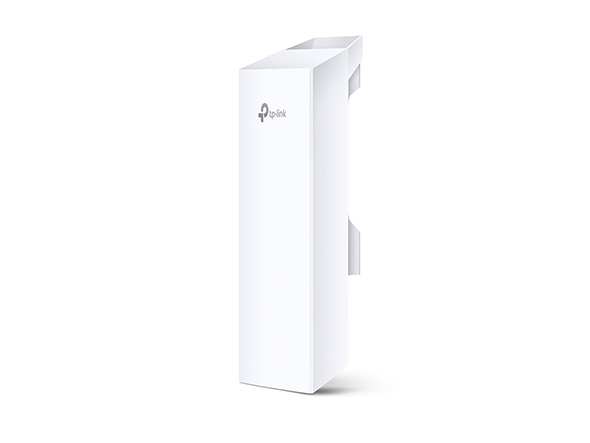
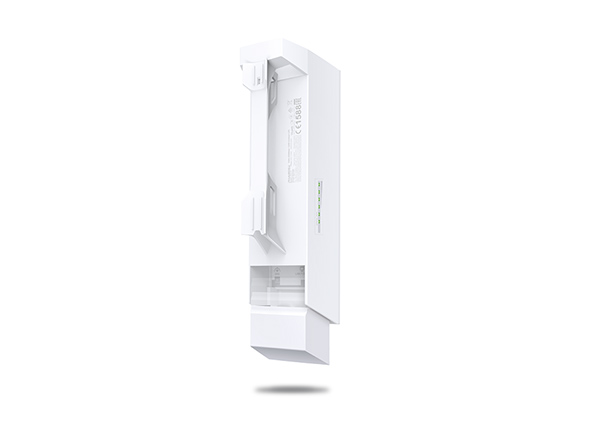
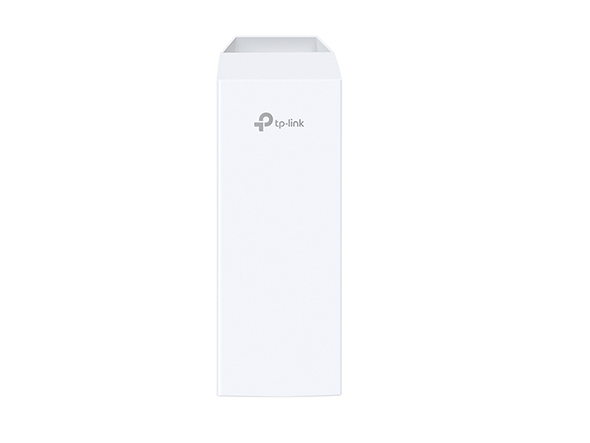
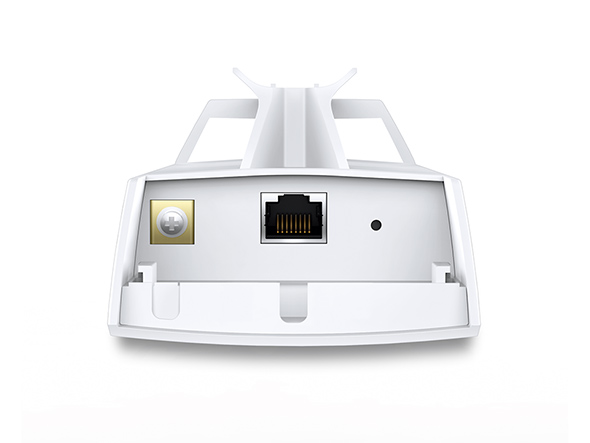
_1494311038618s.jpg)
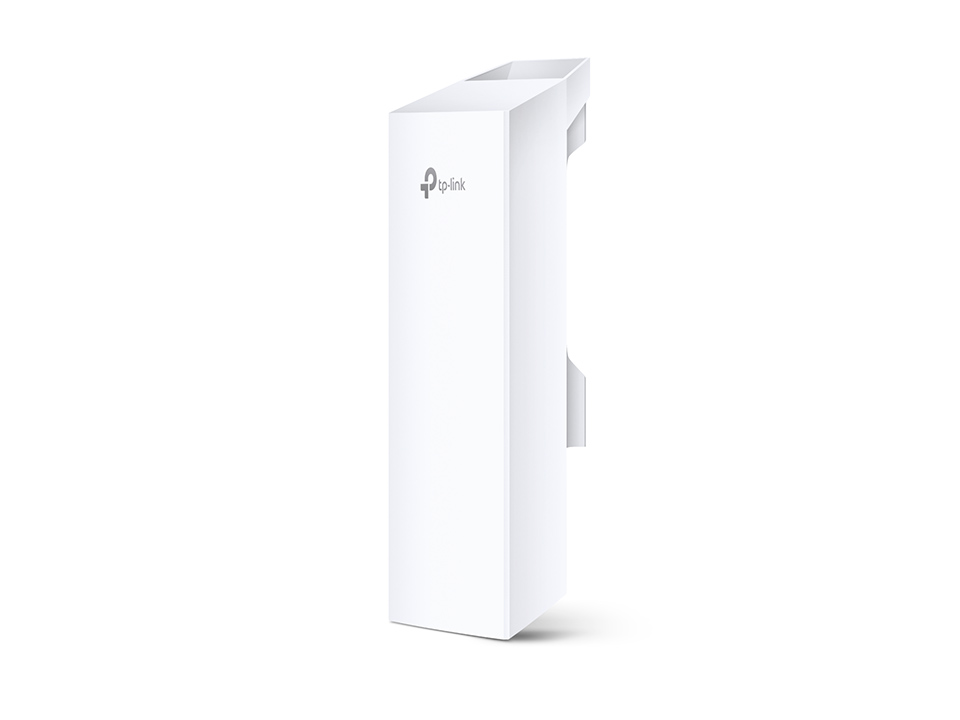



_1494311204869e.jpg)